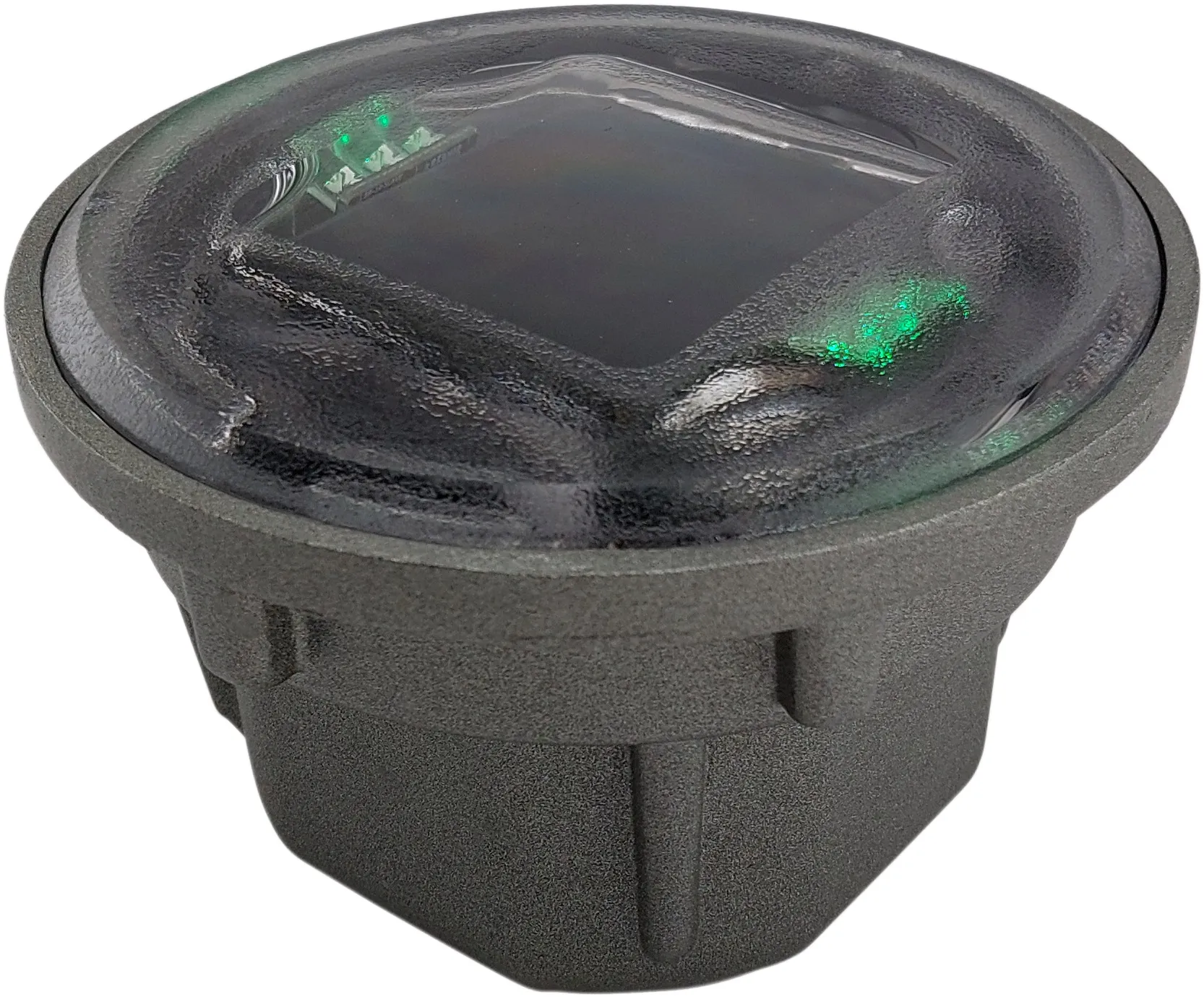Research by UK organisations the University of Surrey and Augmented Optics, in collaboration with the University of Bristol, has developed technology which could revolutionise the capabilities of appliances that have previously relied on battery power to work. It could also revolutionise electric cars, allowing the possibility for them to recharge as quickly a regular non-electric car refuels with petrol, instead of the current process which takes approximately 6-8 hours.
They believe the development by
December 7, 2016
Read time: 2 mins
Research by UK organisations the University of Surrey and Augmented Optics, in collaboration with the University of Bristol, has developed technology which could revolutionise the capabilities of appliances that have previously relied on battery power to work. It could also revolutionise electric cars, allowing the possibility for them to recharge as quickly a regular non-electric car refuels with petrol, instead of the current process which takes approximately 6-8 hours.
They believe the development by Augmented Optics could translate into very high energy density super-capacitors making it possible to recharge a mobile phone, laptop or other mobile devices in just a few seconds.
They say the technology, adapted from the principles used to make soft contact lenses, which was developed by Dr Donald Highgate of Augmented Optics, could have an impact across a number of industries, including transport, aerospace, energy generation and household applications such as mobile phones, flat screen electronic devices and biosensors. Super-capacitors, an alternative power source to batteries, store energy using electrodes and electrolytes and both charge and deliver energy quickly, unlike conventional batteries which do so in a much slower, more sustained way. They have the ability to charge and discharge rapidly over very large numbers of cycles. However, because of their poor energy density per kilogramme, approximately just one twentieth of existing battery technology, they have, until now, been unable to compete with conventional battery energy storage in many applications.
Super-capacitor buses are already being used in China, but have a very limited range; this technology could allow them to travel a lot further between recharges. Instead of recharging every 2-3 stops this technology could mean they only need to recharge every 20-30 stops and that will only take a few seconds.
Elon Musk, of Tesla and SpaceX, has previously stated his belief that super-capacitors are likely to be the technology for future electric air transportation.
They believe the development by Augmented Optics could translate into very high energy density super-capacitors making it possible to recharge a mobile phone, laptop or other mobile devices in just a few seconds.
They say the technology, adapted from the principles used to make soft contact lenses, which was developed by Dr Donald Highgate of Augmented Optics, could have an impact across a number of industries, including transport, aerospace, energy generation and household applications such as mobile phones, flat screen electronic devices and biosensors. Super-capacitors, an alternative power source to batteries, store energy using electrodes and electrolytes and both charge and deliver energy quickly, unlike conventional batteries which do so in a much slower, more sustained way. They have the ability to charge and discharge rapidly over very large numbers of cycles. However, because of their poor energy density per kilogramme, approximately just one twentieth of existing battery technology, they have, until now, been unable to compete with conventional battery energy storage in many applications.
Super-capacitor buses are already being used in China, but have a very limited range; this technology could allow them to travel a lot further between recharges. Instead of recharging every 2-3 stops this technology could mean they only need to recharge every 20-30 stops and that will only take a few seconds.
Elon Musk, of Tesla and SpaceX, has previously stated his belief that super-capacitors are likely to be the technology for future electric air transportation.








